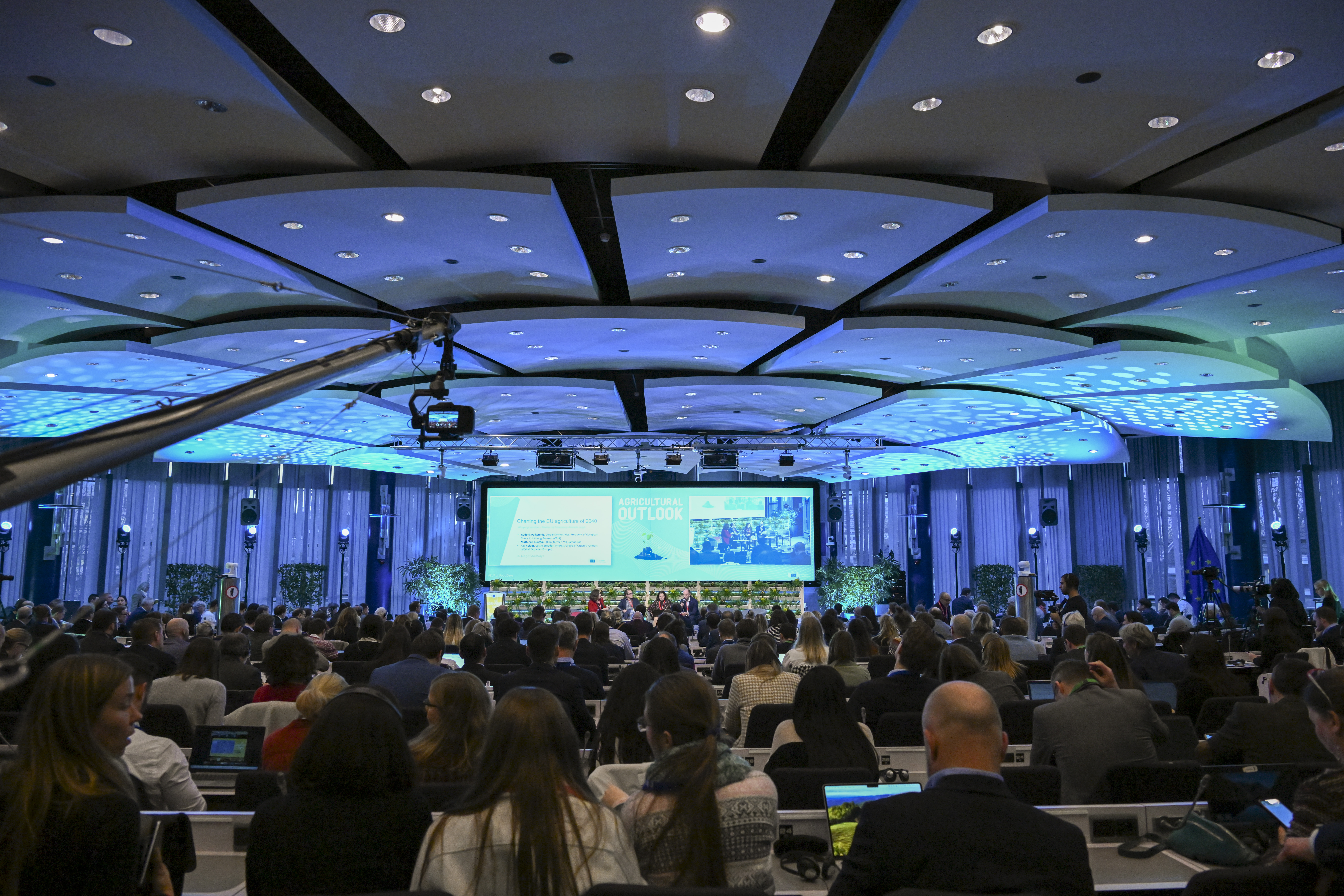“Generational renewal and fair prices are incompatible with EU-Mercosur FTA”, says ECVC

Peasant-farmers from the European Coordination Via Campesina (ECVC) who were recently at the EU Agri-Food Days and Youth Policy Dialogue have denounced the EU-Mercosur Free Trade Agreement (FTA) as incompatible with achieving generational renewal and ensuring fair prices for small-scale farmers. They criticized the undemocratic push to finalize the EU-Mercosur FTA, arguing it undermines essential agri-food policy processes, including the Action Plan on Generational Renewal and proposed revisions to the Common Market Organisation (CMO) and the Unfair Trading Practices (UTP) Directive—flagged as top priorities by the European Commission.
The European Commission, however, has been unwilling to align its trade policies with these priorities. Despite food’s special status as a human right, agriculture is being treated as a bargaining chip in multisectoral free trade agreements, often sacrificed to benefit other sectors and actors.
Addressing the challenges young and aspiring farmers face, ECVC urged the Commission to prioritize generational renewal by tackling barriers like access to land and ensuring farmers can earn a living wage.
Yet, the EU-Mercosur FTA does the opposite.
“Competition cannot be an unquestioned priority in EU agri-policy if we are to achieve generational renewal,” said Paola Laini, ECVC Youth Articulation representative and also the International Coordination Committee member of La Via Campesina.
“We need long-term access to land, more small agroecological farms, and fair working conditions so young farmers can thrive. Including agriculture in multisectoral FTAs ignores this reality. It’s time to remove agriculture from such trade deals and create a new framework rooted in food sovereignty and solidarity among farmers.”
ALSO WATCH
This December, the Commission will address the issue of fair prices for farmers by proposing amendments to the CMO and strengthening enforcement of the UTP Directive to include a cross-border dimension. ECVC plans to scrutinize these proposals to assess their effectiveness in regulating markets and banning the purchase of agricultural products below production costs. However, ECVC warned against using these measures as a distraction from the damage the EU-Mercosur FTA could inflict on small-scale farmers’ incomes.
Laurence Marandola, spokesperson for Confederation paysanne and ECVC representative, highlighted the stakes: “The EU-Mercosur FTA will further lower small-holder farmers’ incomes, worsening their already precarious situation. We need market regulation and trade policies based on food sovereignty. EU institutions must confront the role of trade policy in driving down our incomes and exacerbating the generational renewal crisis.”
The EU-Mercosur FTA, seen as a symbol of conflicting priorities, faces increasing scrutiny from peasant-farming communities across Europe, who demand policies that support sustainable agriculture, generational renewal, and fair livelihoods.
